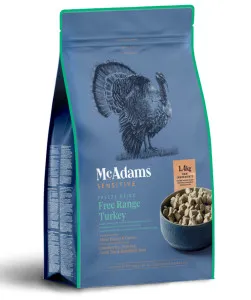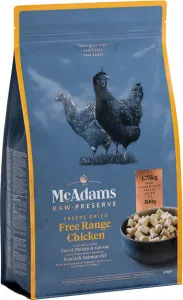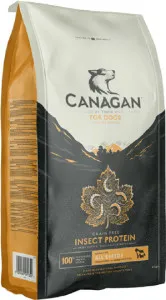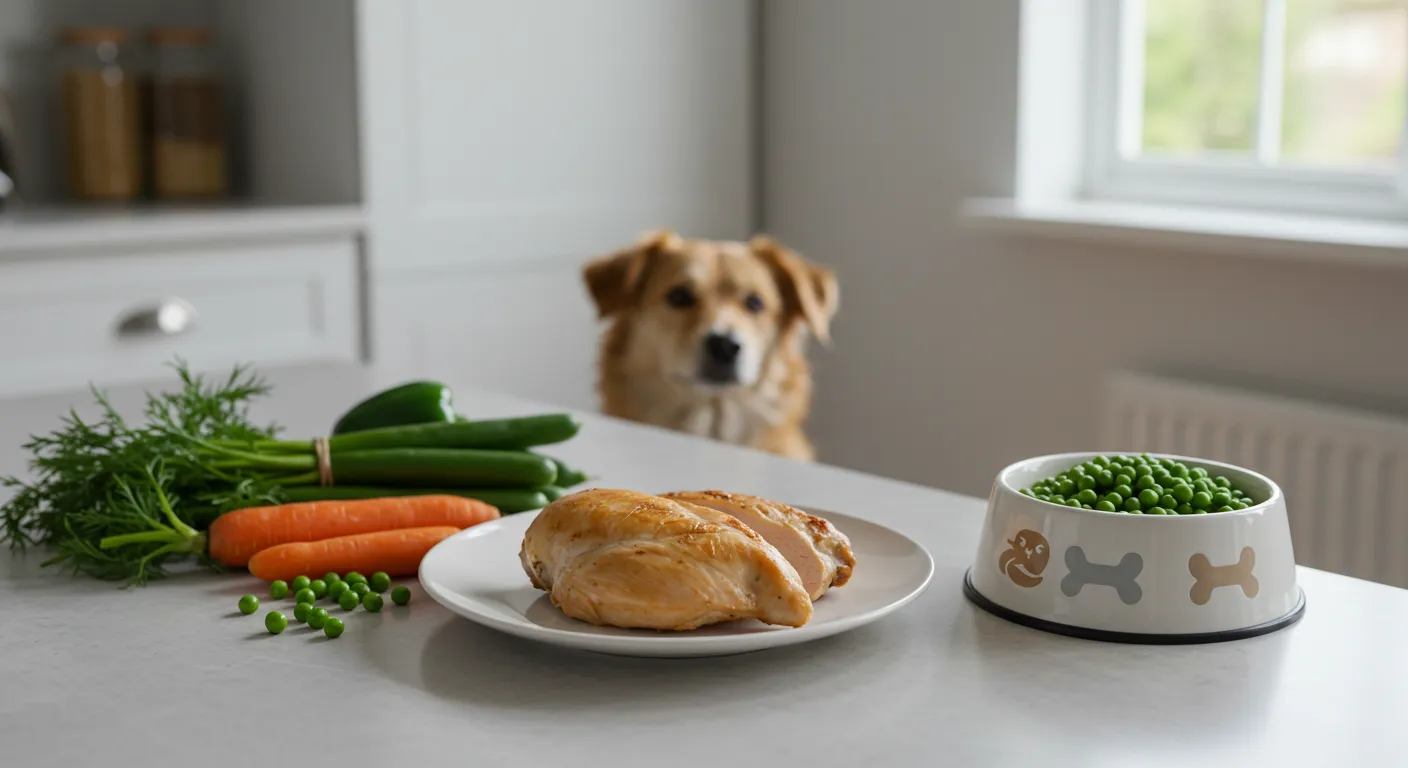Yes, dogs can eat chicken every day as part of a balanced diet, but it should not be their only food source. Chicken is a lean protein that provides essential amino acids, vitamins, and minerals for dogs. However, feeding your dog only chicken long-term can lead to nutritional deficiencies. The key is moderation and variety—combine chicken with other proteins, vegetables, and supplements to ensure a complete diet.
Why Chicken Is a Great Protein for Dogs
Chicken is one of the most common protein sources in commercial dog foods and homemade diets for good reason. It’s highly digestible, packed with nutrients, and generally well-tolerated by most dogs. Here’s why chicken is beneficial:
- High-quality protein: Supports muscle growth, energy, and overall health.
- Rich in vitamins: Contains B vitamins (B6, B12, niacin) for metabolism and immune function.
- Essential minerals: Provides phosphorus, selenium, and zinc for bone health and immunity.
- Low in fat (when skinless): Great for weight management, especially in less active dogs.
- Nutritional imbalances: Chicken alone lacks calcium, omega-3 fatty acids, and certain vitamins like vitamin E.
- Allergies: Some dogs develop sensitivities to chicken over time.
- Bacterial contamination: Raw chicken carries salmonella risk—always cook it thoroughly.
- Bone hazards: Cooked bones can splinter and cause choking or internal injuries.
- Cook it plain: Boil, bake, or grill without seasoning, onions, or garlic (toxic to dogs).
- Remove skin and bones: Excess fat can cause pancreatitis, and bones are a choking hazard.
- Mix with other foods: Combine with veggies (carrots, green beans), grains (rice, quinoa), or organ meats for balance.
- Portion control: Chicken should make up no more than 50% of your dog’s meal—adjust based on size and activity level.
- Dull coat or dry skin (lack of fatty acids).
- Digestive issues (diarrhea, vomiting).
- Weight gain or loss.
- Lethargy or decreased energy.
- Turkey: Similar benefits to chicken but lower in fat.
- Beef: Higher in iron but fattier—best for active dogs.
- Fish: Salmon and sardines provide omega-3s for skin and coat health.
- Lamb: A hypoallergenic option for sensitive dogs.
Potential Risks of Feeding Chicken Daily
While chicken is healthy, relying on it exclusively can cause problems:
How to Safely Feed Chicken to Your Dog Every Day
If you want to include chicken in your dog’s daily meals, follow these best practices:
Recommended Products

McAdams Freeze Dried Free Range Turkey is an excellent choice for is chicken good for dogs every day?. This dog food contains Boneless Free Range Turkey 86.5% and other high-quality ingredients that promote overall health.

McAdams Freeze Dried Free Range Chicken is an excellent choice for is chicken good for dogs every day?. This dog food contains Boneless Free Range Chicken 86% and other high-quality ingredients that promote overall health.

Canagan Insect is an excellent choice for is chicken good for dogs every day?. This dog food contains Freshly Prepared Insects (27%)* and other high-quality ingredients that promote overall health.
Homemade vs. Commercial Dog Food with Chicken
Many high-quality commercial dog foods use chicken as a primary ingredient, fortified with added nutrients. If you prefer homemade meals, consult a vet or a Pet Food Analyzer to ensure your recipe meets all dietary needs.
Signs Your Dog Is Eating Too Much Chicken
Watch for these red flags that may indicate an unbalanced diet:
Alternatives to Chicken for Variety
Rotate proteins to prevent allergies and nutrient gaps. Try these options:
Final Thoughts
Chicken is a fantastic, healthy protein for dogs when fed responsibly. While it’s safe to include daily, it shouldn’t be the sole component of your dog’s diet. Balance is key—supplement with other proteins, vegetables, and essential nutrients to keep your pup thriving. For personalized advice, check out our Pet Food Analyzer to tailor meals to your dog’s specific needs.
